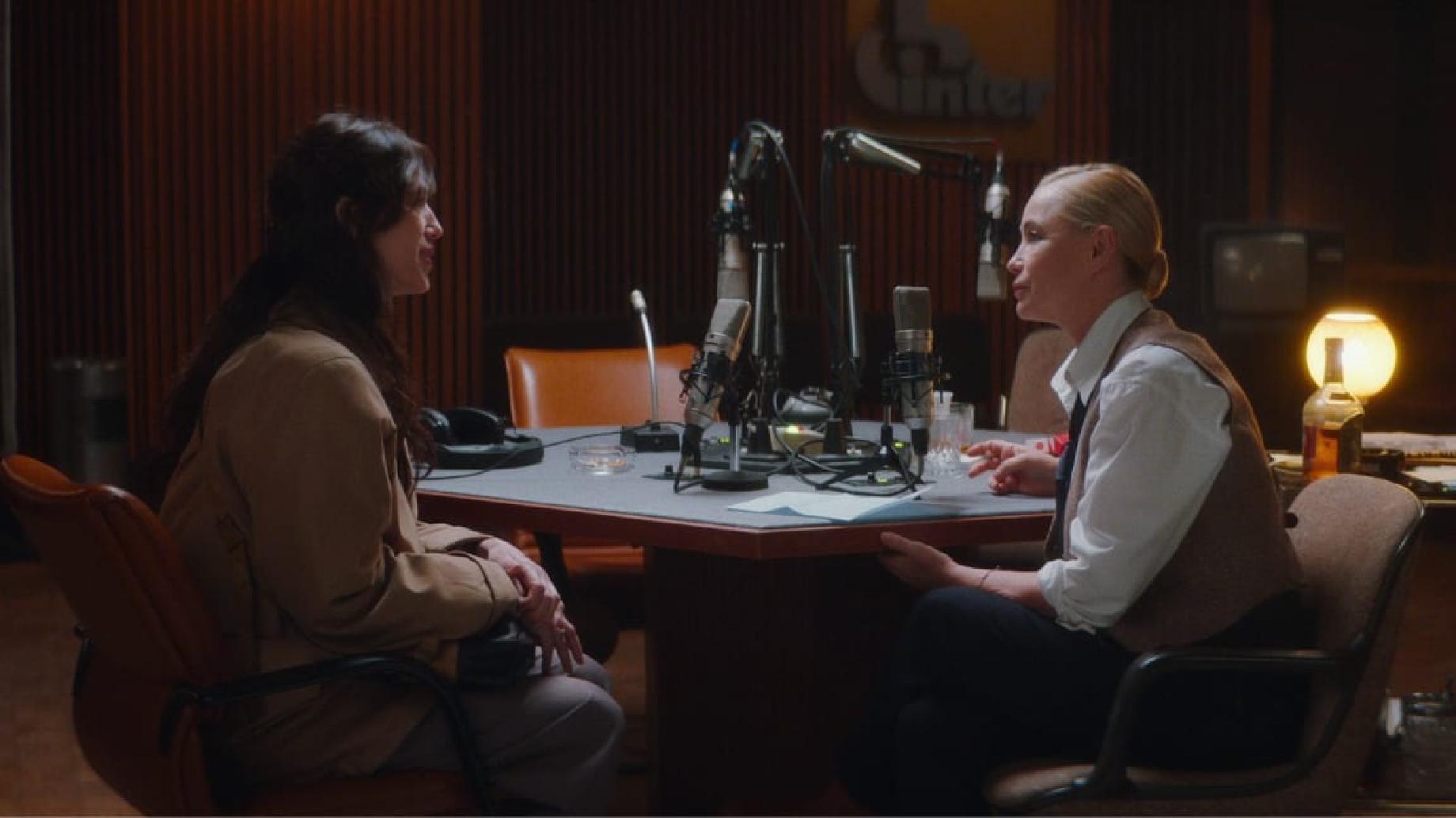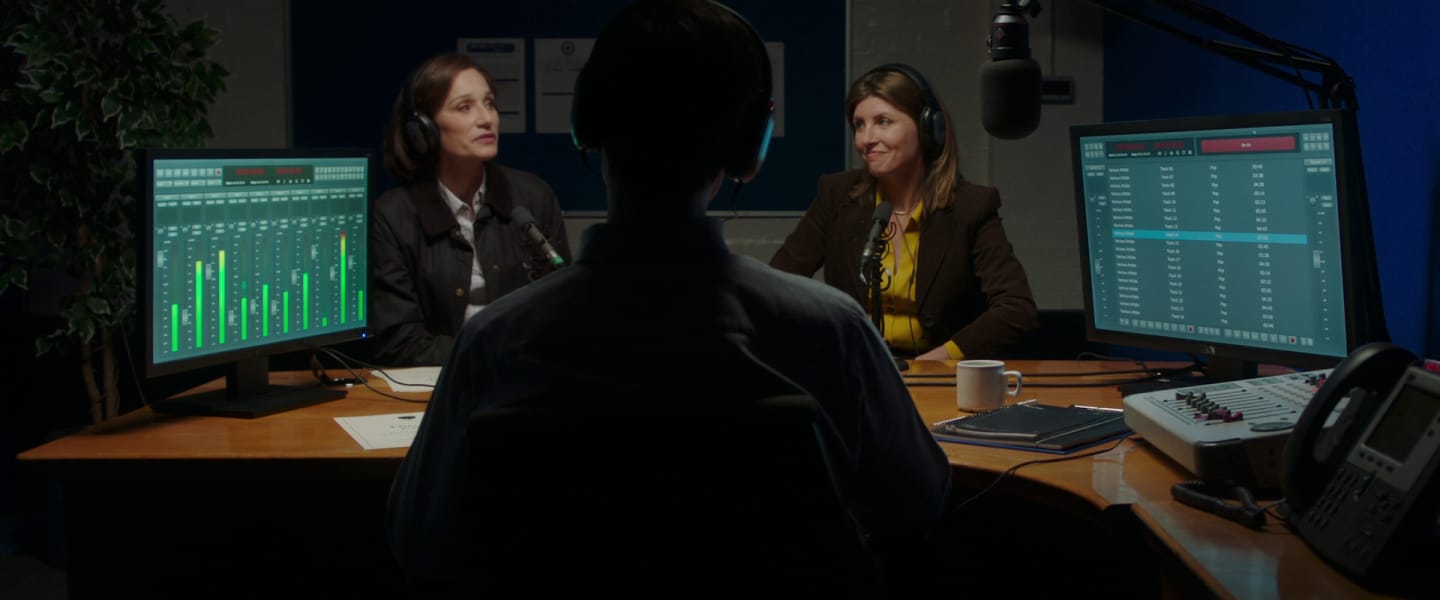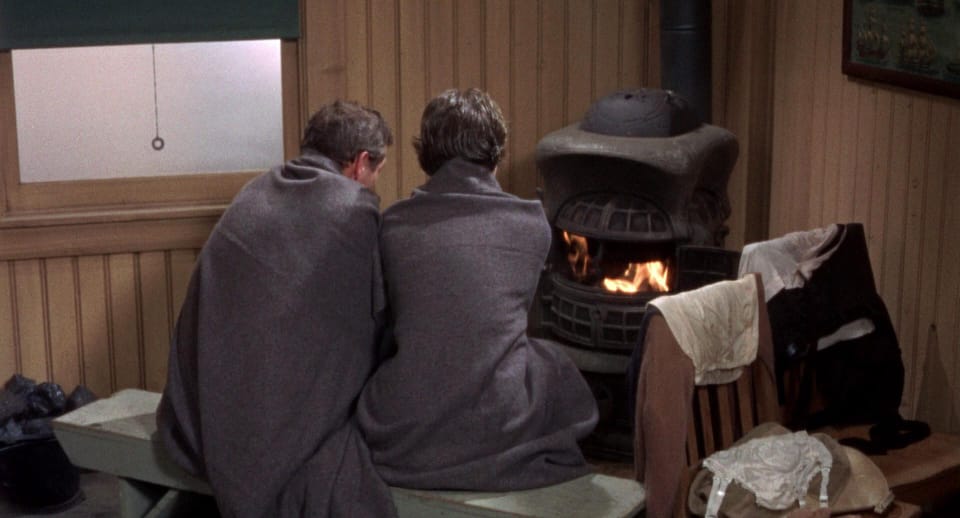Pro Tips
5 steps to mastering the podcast interview

In recent years, podcasting has experienced an explosive surge in popularity, captivating audiences worldwide. According to an article by Forbes*, there are now over 400 million podcast listeners globally tuning in for a diverse range of content, with over 100 million listeners in the United States and 20 million in the UK alone (source: The Guardian*). The growth has been nothing short of astounding: indeed nearly 80% of Americans over the age of 12 are now aware of podcasts, a remarkable increase of more than 30% in just a decade. So, what makes podcasting so compelling, and how can you master the art of interviewing to create the most engaging and insightful conversations possible? Let’s dive in.
Why podcasting has impact
An authentic form of media: Unlike traditional media, podcasts offer an intimate connection between the speakers and the listeners. Speakers are given the freedom to talk freely and candidly about their experiences. Whether it’s a storytelling podcast, an interview, or a solo show, the authenticity and unfiltered nature of the podcast format enables audiences to connect with the speaker on a personal level and immerse themselves fully in the subject matter.
Accessible thought leadership: Podcasts provide a platform for thought leaders and experts to share their knowledge and insights. From CEOs to artists, scientists to athletes, everyone has a voice and the podcast format enables them to share their unique perspectives in an easily digestible format. As a podcast host, your role is to extract those nuggets of wisdom and present them to your audience in as seamless a way possible.
Compelling conversations: At the heart of every great podcast lies the skill of mastering the interview. A good interviewer knows how to craft a good story by asking the right questions, actively listening, and creating a comfortable atmosphere for their podcast guests to speak freely and honestly. A well-conducted interview can unlock insights, spark engaging discussions, and leave a lasting impact on your listeners.
When inviting guests onto your podcast, it can be helpful to send them all the information they may need to consider your request. With Bridge.audio, you can create a workspace with a description of what your podcast is about, some statistics to help guests see the impact of your project, examples of previous episodes, pictures of your studio space and whatever else seems relevant to share. Not only this, but you’ll be able to send all this information with one personalized link, which enables you to see if your potential podcast guest has clicked and listened. Check what your workspace could look like here.
If you already have your next guest booked, let’s take a look at 5 steps you can take to get the most engaging podcast interview possible out of your guests.

How to be a good interviewer in 5 steps
Step 1, research your guest
Properly researching your guest before an interview is crucial for conducting an engaging and insightful conversation. Here are some essential steps to ensure you’re well-prepared :
Know your guest’s background : Start by researching your guest’s professional background, achievements, and expertise. Look into their work, publications, and any notable projects they’ve been involved in. The more you know about your podcast guest, the more relevant your questions will be and the more compelling your conversation will turn out.
Understand their perspective : As you research your podcast guest, try and immerse yourself in their point of view, even if it differs from your own. Awareness, open-mindedness and a willingness to put your own beliefs into question are essential if you want to give your podcast guest the freedom to speak in a compelling way for listeners. It could be particularly interesting to listen to or watch any previous interviews your podcast guest has done and note the questions asked and their responses. By identifying the missed opportunities in those conversations and the parts of your guests’ story that you think have unexplored potential, you can ensure a captivating and unique listening experience for your audience.
Identify common ground : Though it can be most compelling to invite podcast guests with differing viewpoints and opinions to your own, it’s still important to find what you might have in common. It could be something tangible like a hobby, a shared industry, or a mutual acquaintance, or something more elusive but just as significant like a shared set of values. Having common ground and taking the time to discuss it, even before the podcast interview takes place, goes a long way in terms of putting you both at ease. The more relaxed you are going into the podcast interview, the more your podcast guest will feel free to speak from the heart leading to a compelling podcast interview.

Step 2, create a comfortable atmosphere
Creating a comfortable space allows your podcast guest to open up, share insights, and feel valued. When they feel at ease, they’re more likely to provide thoughtful responses. Remember, a great interview isn’t just about the questions; it’s about the human connection you establish. Whether in person or virtually, prioritize your guest’s comfort—it’s the secret to unlocking the best interview! Here are some tips on how to put your podcast guest at ease:
Take some time to chat casually off-the-record. This can look like taking a few moments to get to know each other before the interview, or scheduling a casual call several weeks prior to the day of recording. Whatever option you choose, taking the time to create a personal connection with your podcast guest before going into the interview can help make you both more comfortable, leading to a more natural and compelling conversation.
Make them feel at home. If you’re recording your podcast interview in-person, make sure the space is quiet and not too crowded, soft-lighting and comfortable seating is recommended. The more welcoming you can make your space for your podcast guest, the more comfortable your guest will be and the more authentically they will reply to your questions.
Reassure them that they’re allowed to make mistakes. Sometimes speaking on-the-record can be nerve-wracking for podcast guests, so it’s important to remind them that you’ll have the chance to edit the episode before it airs. If they need to take a break or they speak on a subject they’re not confident about, it can always be taken out of the episode in the editing room. Paradoxically, taking the pressure off tends to make your conversation go more smoothly and feel more relaxed.

Step 3, prepare your questions but stay spontaneous
Though it is of course recommended to prepare a list of questions prior to the podcast interview, it’s just as important (if not more) to make room for spontaneity in your conversation. Remember, what makes podcasts so compelling to audiences is getting to listen to a natural and authentic conversation between fascinating individuals.
Listing off your questions without any flexibility will likely make your podcast interview feel stale and mundane rather than dynamic and inspiring, and you may easily lose your listeners’ attention. Let your list of questions inspire you, but prioritize being in the moment with your podcast guest and bouncing off of their ideas. If your podcast guest takes the conversation to a whole other subject matter you hadn’t anticipated, follow their lead for a while and explore why that topic interests them so much. You never know what hidden gems lie in the tangents!

Step 4, ask open-ended questions
The types of questions you ask will determine the quality of your conversation. Here are some general guidelines you should consider following:
DON’T ask leading questions that guide your podcast guest to a particular answer. For example, instead of asking “Don’t you agree with this point of view”, ask “What do you think about this point of view”. Neutrality in your line of questioning allows for your podcast guest to feel comfortable sharing their unique point of view.
DON’T ask Yes or No questions as they’re often conversational dead-ends. Of course there are exceptions, but in general it’s best to ask open-ended questions where your podcast guest is free to elaborate in more depth.
DO ask follow-up questions. Probing deeper into your guests’ responses can help them go deeper in their reasoning, enabling them to reveal new levels of insight. When your guest shares an interesting point, follow up with questions like “Can you elaborate on that” or “What led you to that conclusion”?

Step 5, make room for silence
Silence allows your guest to collect their thoughts and delve deeper into their experiences. When you pause after asking a thought-provoking question, it gives them space to reflect. Often, the most profound insights emerge during these quiet moments. As an interviewer, resist the urge to fill every gap in the conversation and let the silence work its magic. Sometimes, the most relevant details emerge when your guest takes a pause. They might remember an anecdote, a personal struggle, or an unexpected twist in their story. These gems often come out when they’re given the mental space to explore their memories fully.
Moreover, silence demonstrates that you’re an active listener. It shows that you’re genuinely interested in what they’re saying, not just waiting for your turn to speak. When you listen attentively, guests feel valued and respected and are more likely to open up and share vulnerable moments.
Remember, silence isn’t awkward, it’s an opportunity. Use it strategically, and you’ll create richer, more engaging podcast episodes. So, next time you ask a probing question, savor the quiet and let your guest unfold their story at their own pace.
Conclusion
Podcasting, when done skillfully, wields immense power. It transforms mere conversations into captivating narratives that resonate with listeners on a personal level.
By meticulously researching your guests’ backgrounds, you unlock hidden stories and unique perspectives, allowing for tailored questions that hit the mark. Creating a comfortable atmosphere invites authenticity and vulnerability. Balancing prepared questions with spontaneity ensures depth and surprises. Open-ended questions become bridges to rich insights, while silence unearths deeper contemplations and unscripted gems. In this dance of intention and spontaneity, podcasters craft conversations that linger, inspire, and connect across the airwaves.
Now that you know how to be a good interviewer, it’s time to start inviting fascinating people onto your podcast using your very own bridge.audio workspace. Get started here, it’s free!
